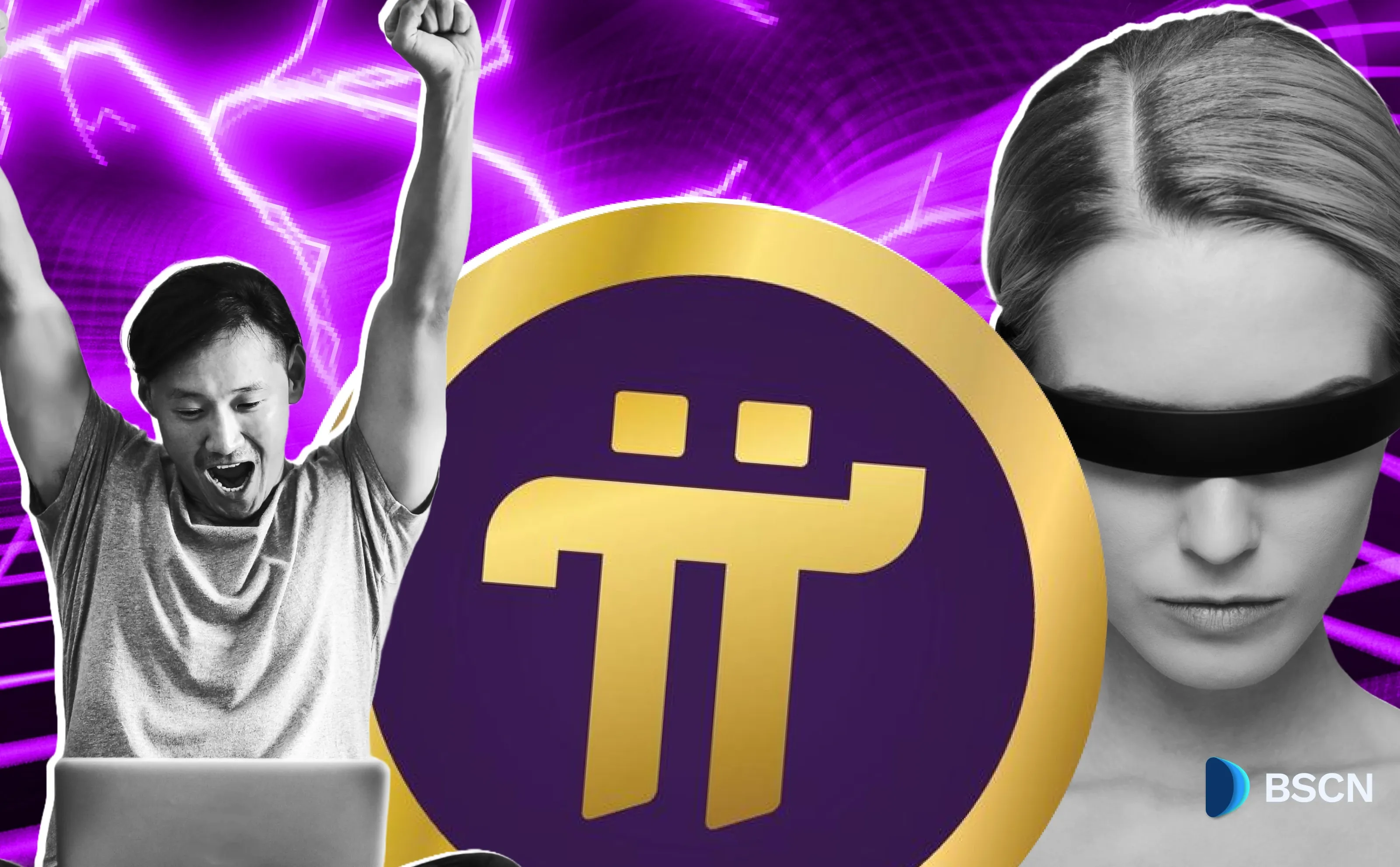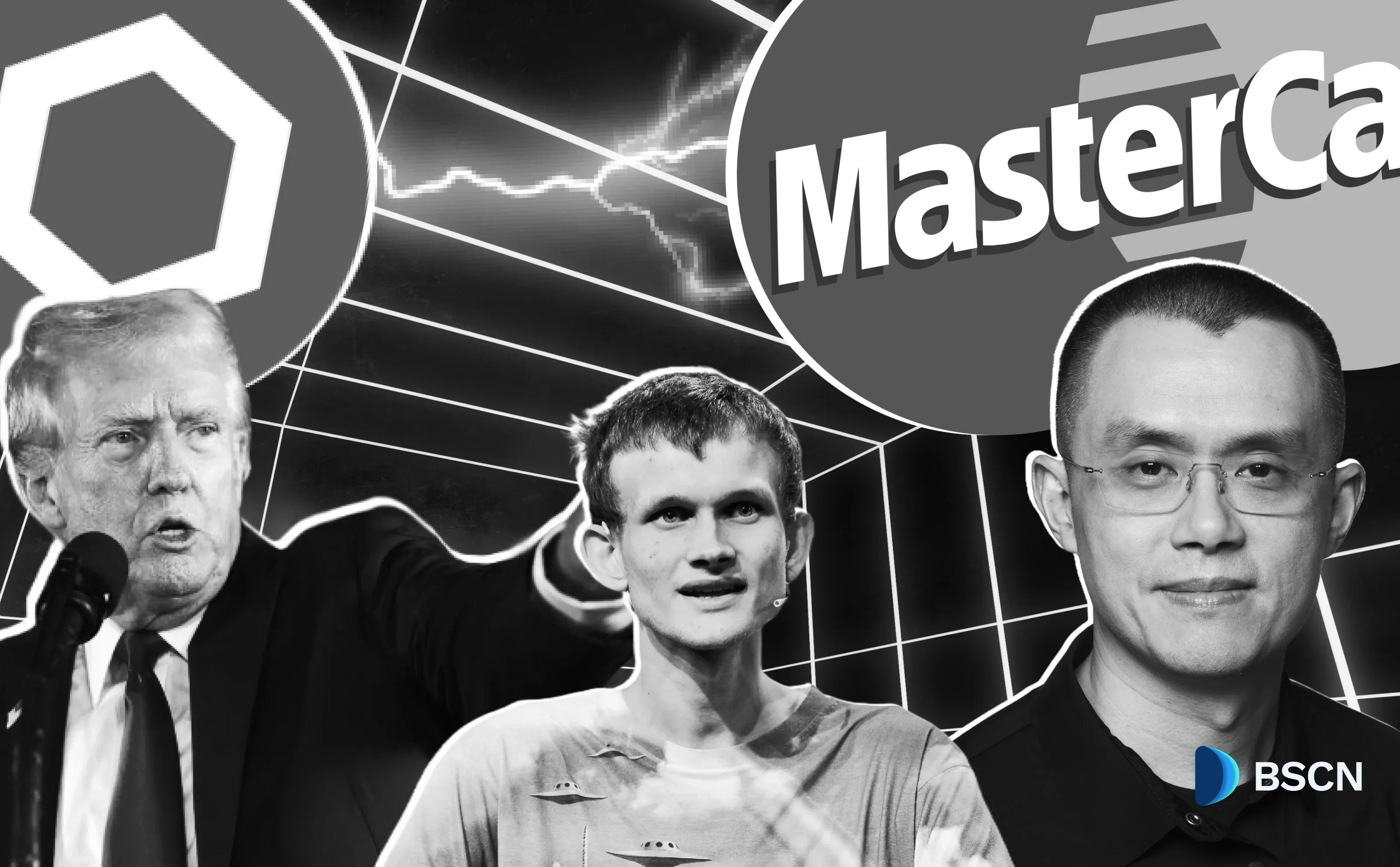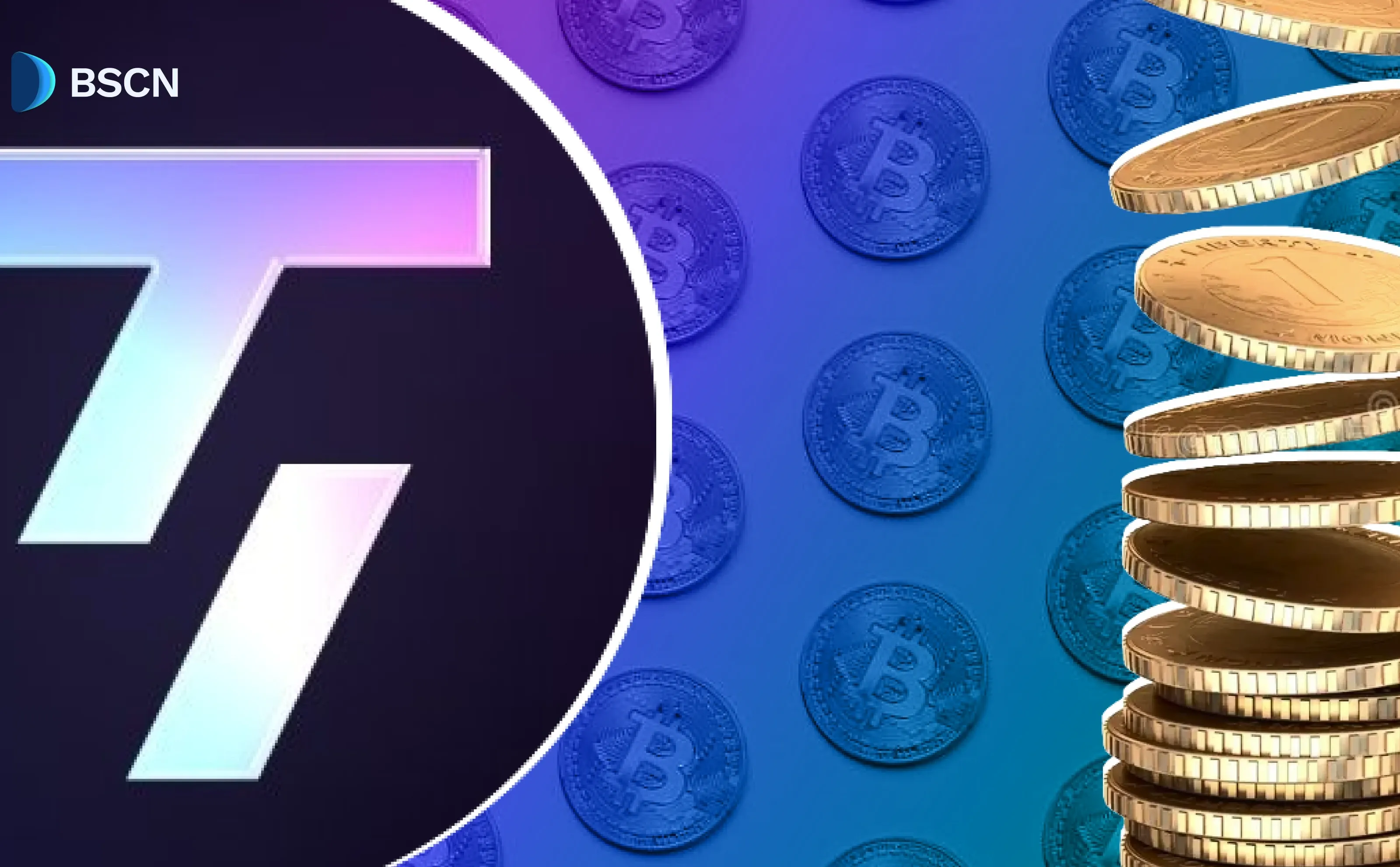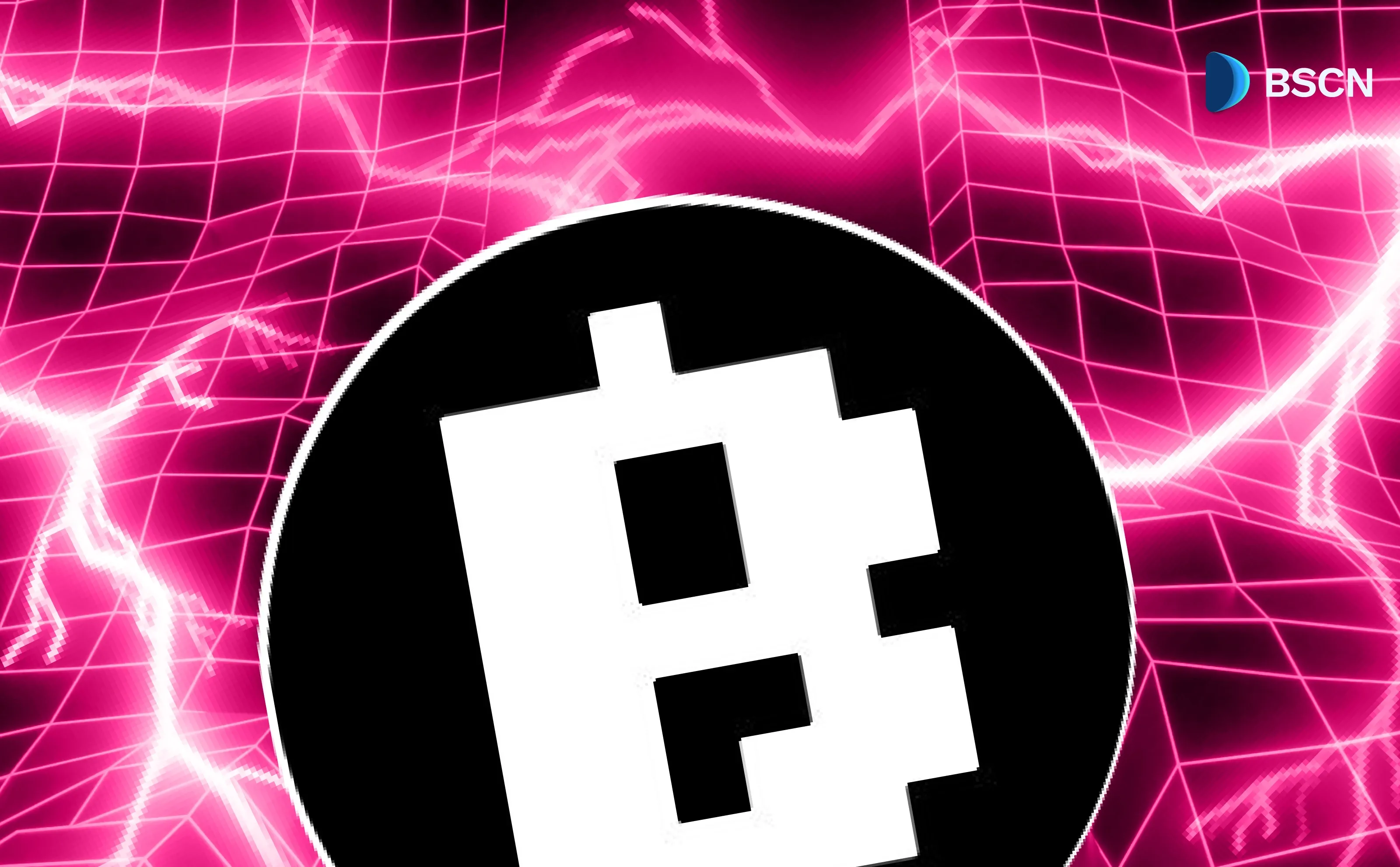WEB3
The SBF Trial So Far: Everything You Need to Know

The trial has already seen days of revelations. From the start of jury selection on day one to the second day where competing narratives emerged, it's been a tumultuous ride.
BSCN
October 11, 2023
Summary:
- Sam Bankman-Fried (SBF) is currently on trial facing seven criminal charges, including securities fraud, wire fraud, and conspiracy to launder money.
- The trial, presided over by Judge Lewis Kaplan, began on October 3 and is expected to last up to six weeks.
- SBF, the founder of FTX, is accused of orchestrating financial misconduct, misappropriating customer funds, and misleading investors and lenders.
- Witnesses, including former FTX associates, have provided damaging testimonies, revealing shocking financial transactions and fraudulent activities within FTX and Alameda Research.
- The trial's outcome carries significant implications for the cryptocurrency industry, potentially reshaping regulatory standards and emphasizing the importance of transparency, trust, and ethics.
A Fall from Grace: SBF on Trial
Once hailed as "crypto's golden boy," Sam Bankman-Fried, the 31-year-old founder of FTX, now stands at the center of a legal controversy. The trial, which began on October 3, has already sent shockwaves through the crypto world and beyond, revealing a stark transformation in the fortune and fame of this once-celebrated figure.
Presided over by Judge Lewis Kaplan, known for overseeing high-profile cases, including Guantanamo Bay detainees, the Gambino crime family, Prince Andrew, and even former President Donald Trump, this trial is expected to take up to six weeks.
Federal prosecutors have leveled accusations of customer and investor fraud and charged him with money laundering. If he is found guilty on all seven criminal counts, Bankman-Fried could be handed a sentence exceeding 100 years.
The trial schedule comprises 15 full trial days in October and an additional six in November. Notably, there will be breaks from October 20 to October 25, as well as on weekends. Public holidays on October 9 and November 10 also didn’t see any trial proceedings. And there's a pivotal gap until November 3.
Let's take a look at what occurred during all five days of the legal proceedings:

Trial Day 1 (Oct. 3) : SBF Trial Kicks Off with Jury Selection
The opening day of the highly-anticipated Sam Bankman-Fried (SBF) trial concluded without finalizing the jury. The intricate process of jury selection extended into the next day.
The Search for the Right Jurors
Judge Kaplan made the decision to dismiss several potential jurors on October 3, citing conflicts of interest and other reasons. Many of the potential jurors revealed that they or their family members had suffered financial losses within the cryptocurrency market. The U.S. District Court for the Southern District of New York is tasked with assembling a panel of 12 jurors and six alternates, a process anticipated to reach its conclusion by October 4.
During the inaugural day of the trial, U.S. Government prosecutors made it clear to the court that no plea deals had ever been on the negotiating table.
The Extensive Reach of the Investigation
Danielle Sassoon, Assistant U.S. Attorney, named several potential witnesses and individuals connected to the case, shedding light on its broad scope. Despite SBF's earlier declaration of innocence, the courtroom drama has only just begun, promising more twists and turns.

Trial Day 2 (Oct. 4) : Duelling Narratives Emerge in SBF Trial
The second day of the Sam Bankman-Fried (SBF) trial witnessed the courtroom transformed into an arena of competing narratives as both the prosecution and the defense presented their opening arguments.
Department of Justice's Strong Allegations
The Department of Justice (DOJ) unveiled a formidable case against SBF, accusing him of orchestrating a web of deception with the intent to enrich himself. The DOJ's allegations revolved around SBF's alleged misconduct in which he intentionally misled customers, investors, and lenders while clandestinely siphoning their funds.
SBF: A Young Entrepreneur or a Malevolent Mastermind?
Alternatively, the defense painted SBF as a young entrepreneur who made poor business decisions. Defending Alameda and FTX, as well as any allegations of a backdoor scheme to siphon customer funds, the defense maintained that all transactions were transparent and legitimate.
According to the defense, SBF genuinely believed that FTX's lending funds to Alameda was a bona fide business transaction with the market maker.
Prosecution’s Central Accusations
Prosecutors alleged that SBF provided deceptive assurances regarding asset security to FTX customers, investors, and lenders.
They alleged that SBF used Alameda to misappropriate funds and sought to gain political influence in Washington, D.C. In this context, three pivotal individuals – Caroline Ellison, Gary Wang, and Nishad Singh – were identified as potential witnesses capable of offering crucial insights into SBF's involvement in FTX's operations and the alleged infractions. All three had held executive leadership roles within the company.
During the trial, the defense questioned the credibility of these key witnesses, pointing to their cooperation agreements with the government, which required them to testify against SBF.
Highlighting Informed Participants and Absence of Theft
FTX's defense argued that its clients, particularly those engaged in margin trading, were well-informed about the potential risks associated with their investments. There was no evidence of theft, and guiding a company toward bankruptcy is not criminal behavior, they maintained.

Trial Day 3 (Oct. 5) : Testimonies Shake SBF's Defense
The third day of the Sam Bankman-Fried (SBF) trial unfolded with a series of testimonies that sent shockwaves through the courtroom. Witnesses, including SBF's former associates and confidants, provided compelling accounts of financial wrongdoing and misconduct that have significantly undermined the defense's position.
Gary Wang's Admission of Financial Crimes
The star witness of the day, Gary Wang, the co-founder of FTX, who had previously pleaded guilty, dropped a bombshell. Wang confirmed that SBF, along with several former FTX executives, was involved in financial crimes.
Wang also revealed that, even if Alameda Research's account had a negative balance, it was still able to withdraw deposits belonging to FTX customers. In addition, the FTX sister company possessed a virtually unrestricted line of credit, affording it a competitive edge in executing orders more swiftly than other market makers.
Adam Yedidia's Account of Liability Woes
The day continued with the testimony of Adam Yedidia, a former senior developer at FTX who had shared living quarters with SBF.
Yedidia revealed a troubling practice in which some FTX customers deposited fiat into their exchange accounts by wiring money to a bank account owned by Alameda Research. This maneuver complicated FTX's ability to track debts accurately.
In June of the previous year, a bug in FTX's software code led to an erroneous accounting, showing that Alameda Research owed FTX customers a staggering $16 billion when the actual liability was $8.7 billion.
In response to Yedidia's concerns, SBF responded with an unsettling statement, "We were bulletproof last year, but we're not bulletproof this year."
Matt Huang's Testimony Raises Concerns
In the afternoon session, the spotlight shifted to Matt Huang, co-founder of Paradigm, a significant investor in FTX. Huang's testimony raised profound concerns regarding FTX's unconventional governance structure and potential preferential treatment for Alameda Research.
In particular, Judge Lewis Kaplan called out the defense on multiple occasions for repetitive lines of questioning, especially during Yedidia's cross-examination.

Trial Day 4 (Oct. 6) : Unveiling Alarming Privileges and Fictitious Insurance
The fourth day of the Sam Bankman-Fried (SBF) trial witnessed yet more startling revelations, as co-founder Gary Wang, following his explosive testimony on day three, exposed additional shocking details about the operations and practices of SBF's entities, particularly Alameda Research and FTX.
SBF Authorized Alameda to Withdraw Customer Assets
Wang revealed that SBF not only allowed Alameda to withdraw $8 billion in customer deposits from the FTX exchange but also granted them access to an exclusive credit line from which they withdrew a staggering $65 billion. The most surprising thing is that Alameda did not earn these privileges, but rather received them.
Moreover, SBF ensured that FTX accounts held by Alameda were shielded from liquidation, even if they carried negative balances. According to Wang, he even requested that these accounts be coded to enable this negative feature, allowing Alameda to withdraw funds, regardless of negative balances.
Fictitious Insurance: The 'Average Joe' Left Unprotected
Another disturbing revelation emerged regarding FTX's purported insurance fund, often referred to as the backstop. Wang unveiled that the advertised insurance fund had misleading numbers.
While it claimed to have $5 million (5.25 million FTT) available, the actual amounts in these accounts were lower. This meant that FTX's claimed insurance fund was not consistently adequate to cover substantial losses on the FTX platform, leaving everyday users inadequately protected.
A Litany of Crimes Committed
Wang admitted to a litany of crimes committed alongside SBF, Caroline Ellison, and Nishad Singh. However, he underscored that SBF held ultimate authority over decisions and actions.
Furthermore, apart from enjoying special privileges, Alameda absorbed some of FTX's losses. Due to the conflicts of interest between the two companies, SBF had proposed shutting down Alameda Research in September 2022. Alameda's liability, however, prevented the plan from being implemented.
During cross-examination with Wang, SBF's lawyer argued that Alameda's advantages were essential for FTX and Alameda to function.

Trial Day 5 (Oct. 10) : Explosive Testimonies Reveal Shocking Frauds and SBF's Aspirations
The fifth day of the high-profile Sam Bankman-Fried (SBF) trial unfolded with Caroline Ellison, Alameda Research CEO, taking the stand. Her testimony became a turning point in the case as she candidly admitted to engaging in fraudulent activities under the direction of SBF.
SBF's Directives and Devastating Losses
Ellison described SBF's schemes to compensate for Alameda's financial plight in a voice that was occasionally shaky.
Among the most shocking revelations was Ellison's disclosure of SBF's aspiration to become the U.S. President. She further detailed how SBF had directed her to obtain several billion dollars from FTX customer funds as loans for Alameda to invest in various ventures, most of which ultimately failed, necessitating write-offs.
To repay its loans, Alameda drained $14 billion from customer funds, ultimately causing the exchange to collapse as customers rushed to withdraw funds. Ellison emphasized that her awareness of Alameda's financial woes only surfaced after joining the company, at which point SBF unveiled strategies to mitigate these losses primarily by drawing funds from FTX.
Startling Financial Transactions
Further insights from Ellison's testimony illuminated that Alameda had received direct deposits ranging from $10 billion to $20 billion from FTX between 2020 and 2022. Notably, $2 billion of these funds were earmarked for loan repayments, investments, and conversion to USDC.
Alameda reportedly needed a credit line of $100 million to $200 million from FTX, but their borrowing capacity appeared unlimited.
Ellison also mentioned that Alameda held a substantial amount of Solana, referring to them as "Sam coins."
In her remarks, she revealed political contributions made to Republicans as well as the Biden administration. SBF had donated $10 billion to the Biden administration, while Ryan Salame, CEO of FTX Digital Markets, borrowed $35 million from the exchange for contributions to Republicans.
She revealed that SBF had planned to repurchase Binance's FTX stocks in 2021 for fear Binance's CEO Changpeng 'CZ' Zhao would learn about Alameda's "special privileges." She also admitted that she sent FTX "edited" balance sheets that showed Alameda as a low-risk company.
FTX Operations Unveiled
The spotlight shifted to Gary Wang, FTX's CTO and Co-founder, who took the stand. Defense lawyers questioned Wang about the intricate relationship between FTX and Alameda. Wang described his astonishment when SBF instructed him to calculate interest charges on Alameda's borrowings and detailed his own loan from FTX, along with its usage.
Wang also provided further insights into FTX's operations, highlighting significant customer withdrawals and how Alameda's transactions impacted FTX's balance.

A Verdict That Shapes Crypto's Future
The verdict in the trial of Sam Bankman-Fried, a 31-year-old crypto entrepreneur, will have profound implications for cryptocurrency. Should Bankman-Fried be found guilty of the seven charges levied against him, the specter of a life behind bars looms large.
The courtroom revelations have unveiled a world of financial intricacies, conflicts of interest, and allegations of deception that could potentially reshape the regulatory landscape for cryptocurrencies.
If Sam Bankman-Fried is indeed convicted, the crypto industry will have witnessed a significant chapter in its history—one that serves as a testament to the importance of maintaining trust and ethics in the relentless pursuit of innovation.
Disclaimer
Disclaimer: The views expressed in this article do not necessarily represent the views of BSCN. The information provided in this article is for educational and entertainment purposes only and should not be construed as investment advice, or advice of any kind. BSCN assumes no responsibility for any investment decisions made based on the information provided in this article. If you believe that the article should be amended, please reach out to the BSCN team by emailing [email protected].
Latest News
Crypto Project & Token Reviews
Project & Token Reviews
Comprehensive reviews of crypto's most interesting projects and assets
Learn about the hottest projects & tokens
Latest Crypto News
Get up to date with the latest crypto news stories and events








